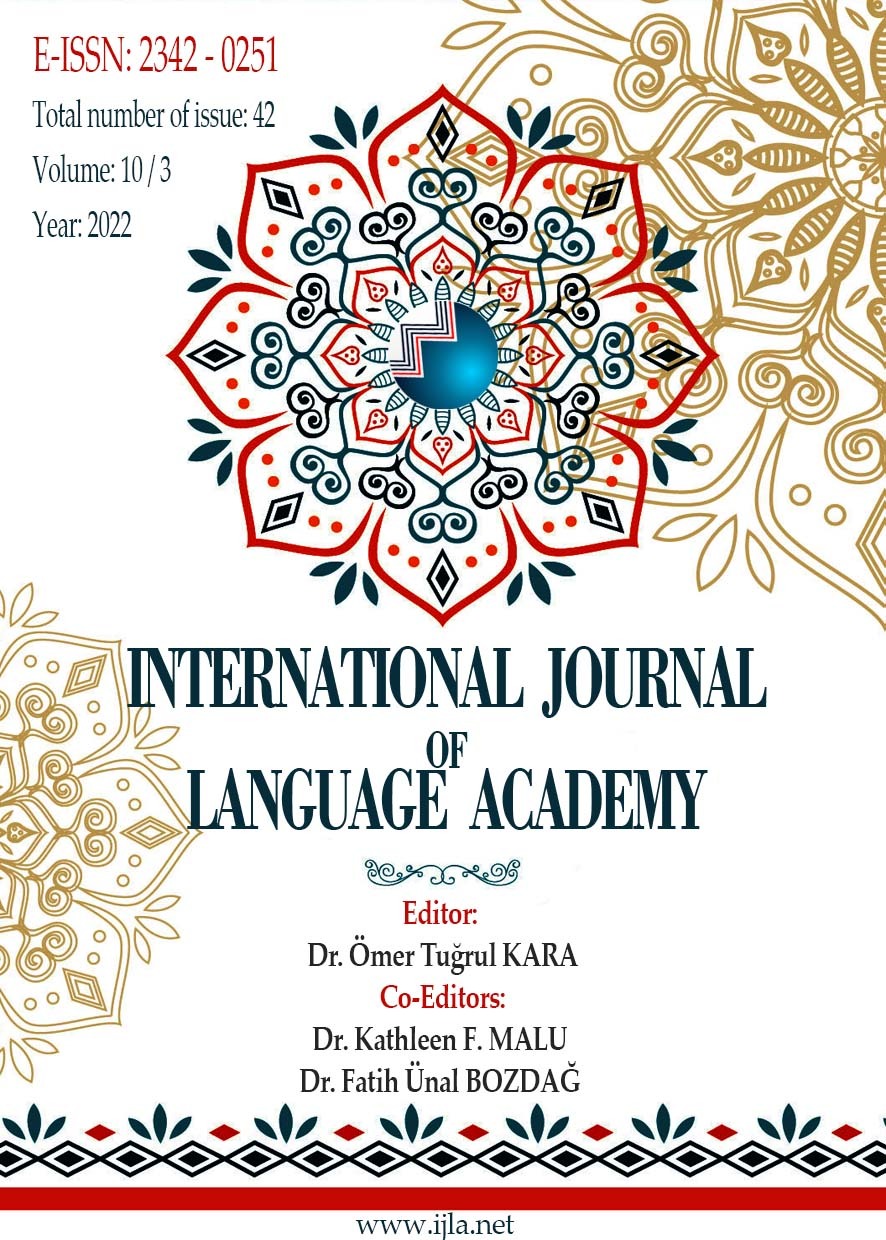Author :
Abstract
İslam dünyasında manzum biçimde eser kaleme alınması yaygın bir gelenek olmuş ve bu yolla yüzlerce eser yazılmış, buna fetvâlar da dâhil olmuştur. Osmanlı’da fetvâların da manzum biçimde verilmesi Türk edebiyatının özgün bir türe kavuşmasına da vesile olmuştur. Manzum fetvâlar belli bir tertip ve muhteva üzerine yazılmış, genellikle kıta nazım şekliyle ve cedid bahrinden 11’li hece kalıbı kullanılmış ve sonlarında da fetvâyı verenin imzası bulunmuştur. Osmanlı döneminde daha çok 16-17. yüzyıllarda görülen manzum fetvâlardan şu ana kadar tespit edilenlerin sayısı 100 civarında olup bunların toplam beyit sayısı ise 942 civarındadır. Bu fetvâların büyük bir kısmı Türkçe olup içlerinde Arapça ve Farsça verilenler de vardır. Tespit edilen 102 manzum fetvânın 83’ü Türkçe, 15’i Arapça, 4’ü de Farsçadır. 16. yüzyılda Osmanlı’nın büyük şeyhülislamlarından olan Ebussuud Efendi hem verdiği manzum fetvâların çokluğu hem de bu fetvâları üç ayrı dilde de vermiş bir isim olarak öne çıkmış, ayrıca fetvâlarında sıkça nükte ve espriler yapıp bazen de tek mısra veya cümlecikle muamma türü cevaplar vermiştir. Osmanlı’da tespit edilen dört adet Farsça manzum fetvânın ikisinin hem suali hem de cevabı Farsça olup ikisinin ise sualinde Farsça beyitler bulunmaktadır. Bu fetvâların üçü Ebussuud Efendi tarafından verilmiş olup birinin ise yazarı meçhuldür. Bu makalede Osmanlı’da şu ana dek tespit edilen Farsça manzum fetvâlar tanıtılacaktır.
Keywords
Abstract
Writing works in verse is a common practice in the Islamic world, and hundreds of works have been written this way, including fatwas. Giving fatwas in verse in the Ottoman Empire was instrumental in gaining a unique genre in Turkish literature. Verse fatwas were written on a certain composition and content, they were generally written in stanza verse and 11 syllables from cedid bahri, and the signature of the one who gave the fatwa was found at the end. During the Ottoman period, mostly 16-17, the number of verses fatwas seen in the centuries is around 100, and the total number of couplets is around 942. Most of these fatwas are in Turkish, and some are in Arabic and Persian. Of the 102 verses fatwas identified, 83 are Turkish, 15 are Arabic, and 4 are Persian. Ebussuud Efendi, who was one of the great sheikh al-Islams of the Ottoman Empire in the 16th century, came to the fore both as a name for the abundance of verse fatwas he gave and as a name that gave these fatwas in all three languages, and also frequently made wit and jokes in his fatwas and sometimes gave enigmatic answers with a single verse or sentence. Two of the four Persian verse fatwas identified have both the question and the answer in Persian, and two of them have Persian couplets in their questions. Three of these fatwas were given by Ebussuud Efendi, and the author of one is unknown. This article will introduce the Persian verse fatwas that have been identified so far in the Ottoman.
Keywords
- Akgündüz, A. (1994). “Ebüssuud Efendi”, TDVİA, C.10, ss.365-371, İstanbul.
- Atar, F. (1991). İslâm adliye teşkilâtı, Ankara: Diyanet İşleri Başkanlığı Yayınları. Atar, F. (1995). “Fetvâ”, TDVİA, s.486-496, İstanbul.
- Uzunçarşılı, İ. H. (1984). Osmanlı Devleti teşkilatına medhal, Ankara: TTK.
